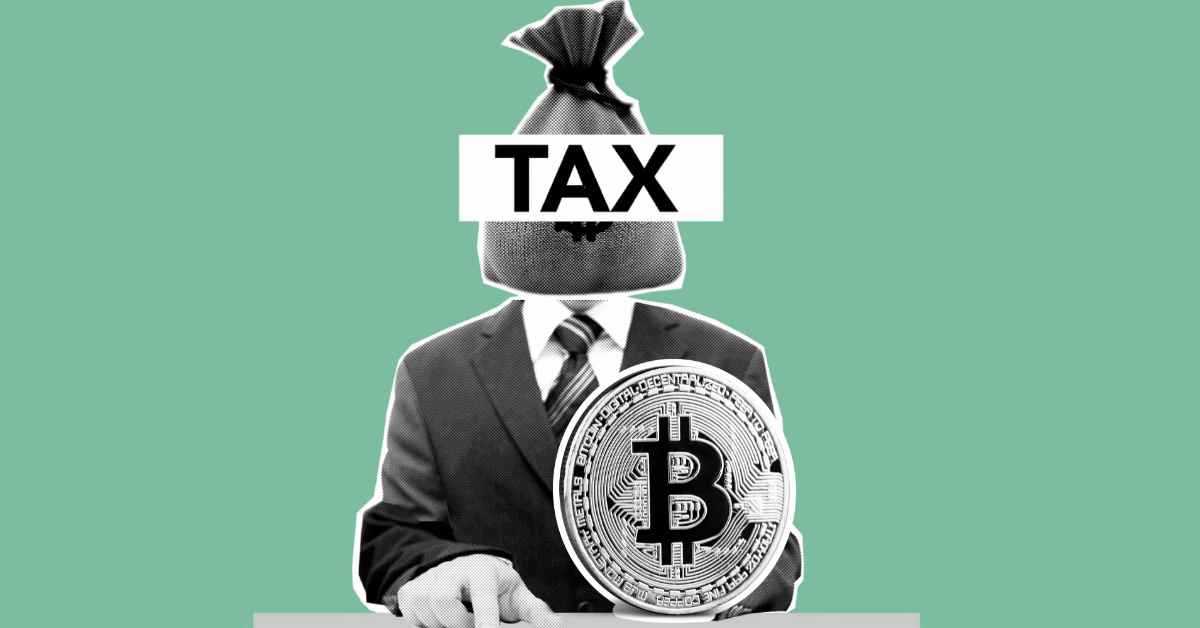
The U.S. Internal Revenue Service (IRS) is set to implement a significant change in the way decentralized finance (DeFi) brokers handle taxes. Starting in 2027, DeFi platforms will be required to collect and report user trading information, issue tax forms, and provide comprehensive customer details, such as names and addresses. This initiative aims to align the taxation of digital assets more closely with that of traditional financial assets.
While this move is designed to bring clarity and uniformity to digital asset taxation, it has sparked concerns among experts. They argue that this could pose substantial challenges for decentralized platforms, which typically lack a centralized authority to manage such data collection. This regulation is a component of the 2021 Infrastructure Investment and Jobs Act, yet it faces considerable opposition from various crypto interest groups.
Why Are Experts Opposed to the New Rule?
Within the cryptocurrency industry, there is mounting resistance against the IRS’s new mandate that treats decentralized exchanges, or DeFi platforms, as traditional brokers. Prominent voices like Katherine Minarik, Chief Legal Officer of Uniswap, and Hayden Adams, Uniswap’s CEO, are advocating for contesting this regulation. Adams, in particular, is hopeful that it might be overturned through the Congressional Review Act.
The rule, scheduled to come into effect in 2027, obliges DeFi platforms to report extensive user transaction details and data on digital asset sales. This raises potential compliance issues for decentralized platforms that do not have centralized operational frameworks. Legal experts, including Bill Hughes from Consensys, have criticized the rule as offering “all cost, no benefit,” arguing that it imposes significant burdens without delivering clear advantages.
With the Treasury and IRS finalizing this tax reporting rule for DeFi brokers, trading platforms will need to monitor and report user activity, affecting both U.S. and international participants. The rule encompasses the sale of all digital assets, including non-fungible tokens (NFTs). For crypto investors, this change signals increased transparency but also potentially heightened compliance costs for DeFi platforms. While this could enhance tax reporting accuracy, it may prompt smaller platforms to relocate or restructure, potentially causing short-term disruptions in the DeFi ecosystem.
Additional Updates in the Crypto Sphere
In other developments within the cryptocurrency landscape, Do Kwon, the co-founder of Terraform Labs, is set to be extradited to the United States following the approval of Montenegro’s justice minister. This follows his arrest on charges of using falsified documents and is linked to the downfall of his crypto project.
Simultaneously, Bitcoin continues to demonstrate resilience, maintaining a strong position above $96,000 despite experiencing a slight dip from its peak. The market has seen an influx of $475 million into Bitcoin ETFs, as investors explore emerging opportunities in AI-driven tokens and new DeFi projects. Experts maintain an optimistic outlook on Bitcoin’s trajectory.
Furthermore, Bitget has announced plans to burn 40% of its BGB token supply in a strategic move to enhance its value. Meanwhile, the launch of two new Bitcoin-focused ETFs underscores the growing trend of companies incorporating Bitcoin into their financial strategies.
For investors, staying updated on the latest developments in the crypto world is crucial for effectively managing their crypto assets. Monitoring these trends can provide valuable insights and help in making informed investment decisions.






